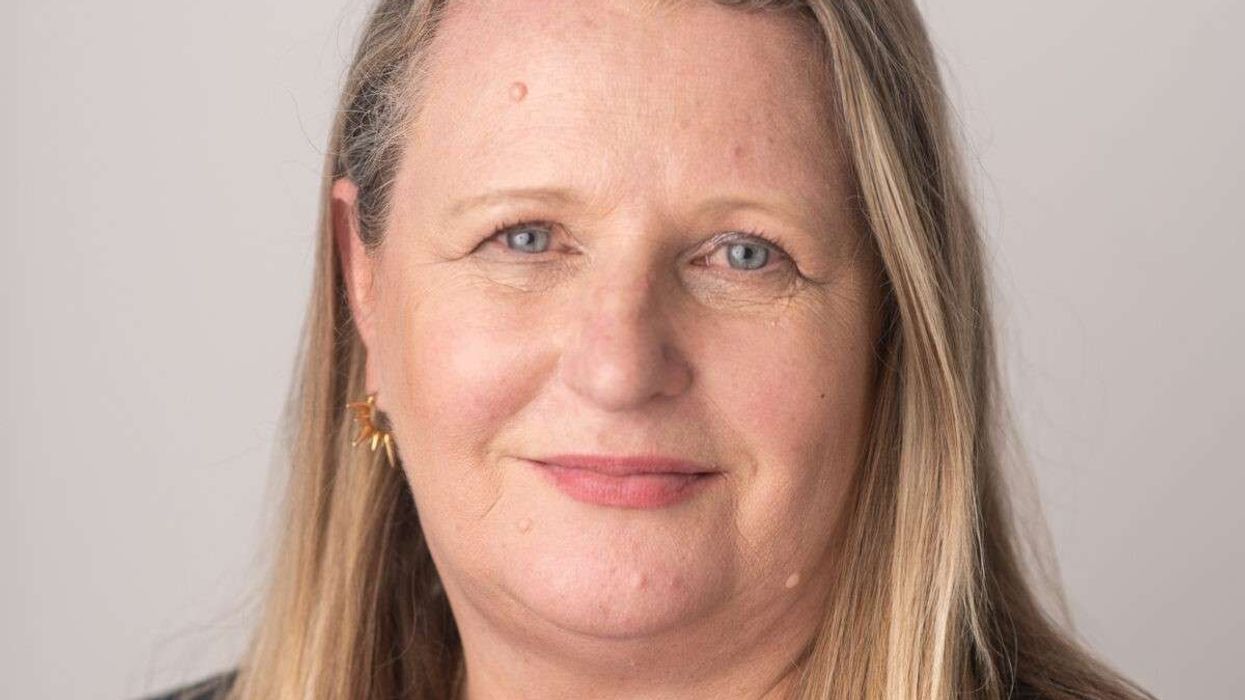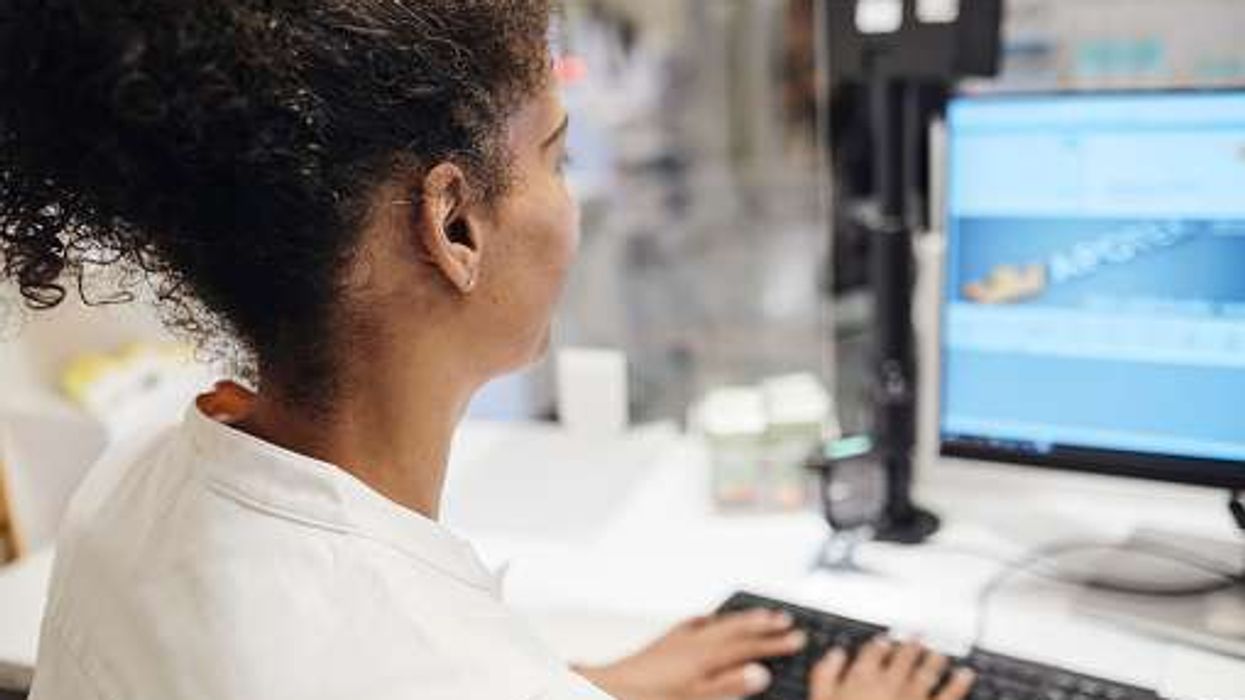NHS is going to roll out a breakthrough genetic test for thousands of sufferers of a rare and hard-to-spot type of diabetes.
Monogenic diabetes is often mistaken for the type 1 or type 2 forms, which if left undetected can lead to patients struggling with their glucose levels.
Many a times patients are given the wrong treatment, being prescribed insulin when they might be better off changing their diet or taking tablets.
If high glucose levels go untreated for a long period of time it can cause blindness, amputations and greater risk of a heart attack.
The genetic test can also detect whether children have inherited the affected gene and will go on to develop monogenic diabetes, typically before the age of thirty.
The move is a part of NHS Long Term Plan aimed at increasing access to genomic testing and improving diabetes care across the country.
Professor Partha Kar, NHS national speciality advisor for diabetes, said: “We are already making progress against the goals set out in the NHS Long Term Plan for better diabetes care, and the rollout of this programme will mean more patients across the country will benefit from access to specialist genetic testing and optimised treatment.
The new project, run in partnership between the NHS England Diabetes Programme and the NHS Genomic Medicine Service, will provide remote training to support teams in hospital trusts to improve diagnosis.
Health Minister, Nadine Dorries, said: “We are dedicated to improving care for those with diabetes – a commitment we have built on through the NHS Long Term Plan.
“The Office for Health Promotion which is launching later this year will build on our range of programmes to support people with diabetes and will lead national efforts to improve health.”
The NHS Long Term Plan has also initiated several steps for better treatment and care of diabetes.
Earlier this year, the NHS announced the roll-out of an ‘artificial pancreas’ designed to continually monitor blood glucose and automatically adjusts the amount of insulin given through a pump.
It has also started using social media to raise awareness about Type 2 diabetes.











